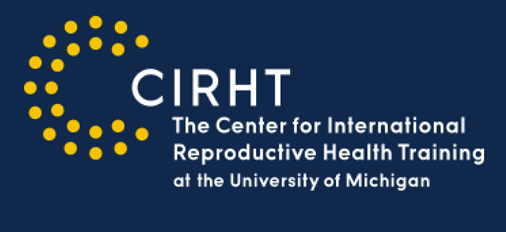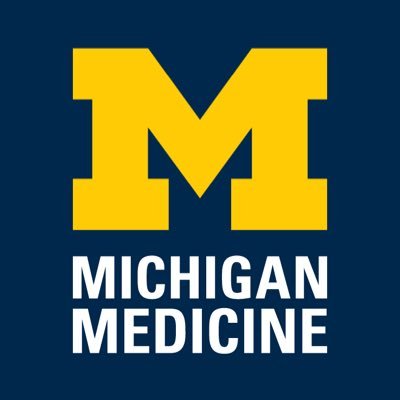Speaker
Description
Background: -
Since 2009, WHO has recommended hepatitis B birth dose vaccination (HepB-BD), preferably within 24 hours of birth (timely HepB-BD, TBD) to prevent mother-to-child transmission (MTCT) of HBV (WHO, 2020).However, there is lack of convincing data for this implementation and only 13 countries in Africa have included universal HepB-BD vaccination in their national strategy. Studies from Africa reported that vertical transmission of HBV to be either less common or not different among children who took HBV vaccine at birth or later in their national Program of Immunization of HBV vaccination. However, all these studies were based on small size and with limited laboratory investigations. The study aimed to address the gap in data on the effectiveness of timely Hepatitis B vaccination in preventing MTCT of HBV.
Methods: -
A retrospective study was undertaken involving 387 Hepatites B surface Antigen ( HBsAg) positive mothers and their children at 6-12 months Post partum from May 2022 to June 2024 in Ethiopia. The HBV vaccine was included in the national immunization program in 2007given as a pentavalent vaccine at 6, 10 and 14 weeks of age. Although monovalent HBV vaccine has been available at local pharmacies, it is expensive and not routinely given to children born of HBsAg positive mothers. Recently the Ethiopian Ministry of Health launched pilot program in 2021 in selected sites in the country which was offering HepB-BD to all new-borns.
We compared differences in transmission between children born to HBsAg positive mothers who receive TBD in three pilot-program sites of the Ethiopian Ministry of Health with other three control sites in nearby health facilities who follow the currently practiced vaccination schedule that starts at 6-weeks of age.
All mothers who tested positive for HBsAg during antenatal period were contacted by a member of the research team with their infants for a follow-up visit when their infant was in the age of 6-12 months. Children born to HBsAg positive mothers were tested for evidence of HBV infection. Furthermore, Maternal HBV-DNA and HBeAg status was determined.
Participants who test positive for HBsAg (mother or child) were offered referral for further evaluation for liver disease as part of an ongoing scale-up treatment program.
Results: - A total of 217 children took timely hepatitis B birth-dose (Hep-BD) vaccine with Hep-B immunoglobulin (HBIG), 39 children had HepB-BD alone while 131 children had no birth-dose vaccine or immunoglobulin.
MTCT of HBV was observed in 20/131 (15.3%) of children who did not take timely birth-dose HBV vaccine and Immunoglobulin, whereas none of children who had HepB-BD with HBIG (0/217) or Hep-BD alone (0/39) had MTCT of HBV. Maternal viral load >200,000 and HBeAg positivity were associated with very high risk for MTCT of HBV. However, 6/20 (30.0%) of children with infection were born from mothers who were HBeAg negative and with HBV DNA < 200,000 IU/ml while 5/20 (25%) were from mothers with HBeAg negative but with HBV DNA > 200,000IU/ml.
Conclusion: - Timely Hep-BD vaccination with or without HBIG is effective in preventing MTCT of HBV in Ethiopia.


